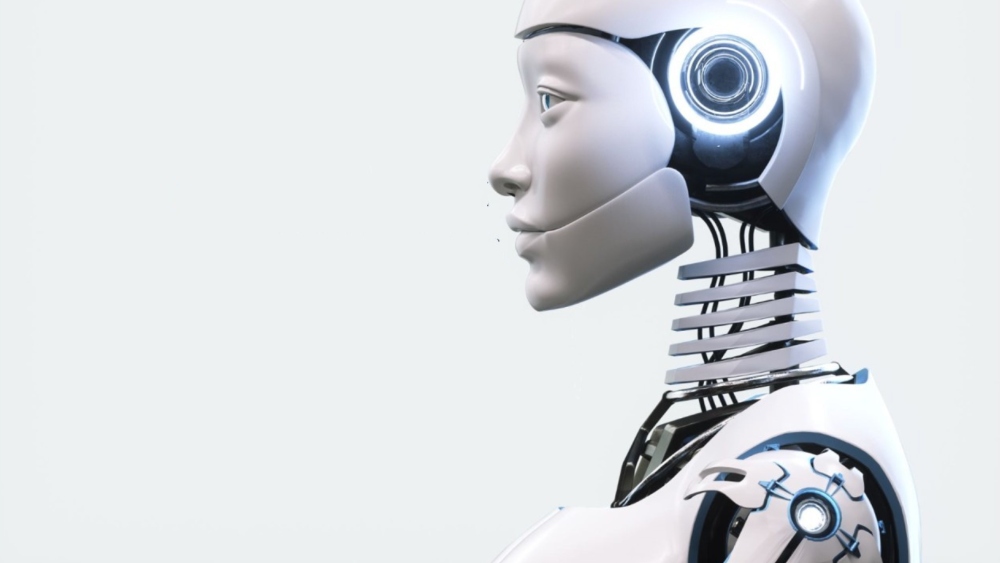Comments
- No comments found

Artificial intelligence (AI) is rapidly transforming our world, touching every aspect of our lives from healthcare and finance to transportation and entertainment.
As AI's influence grows, ensuring its responsible development and deployment becomes paramount. One crucial cornerstone of this effort is establishing ethical and technical standards for AI. These standards aim to guide the development of trustworthy, fair, and beneficial AI systems that contribute to positive societal outcomes.

The rapid development of AI technologies carries inherent risks and challenges. Bias in datasets can lead to discriminatory outcomes, opaque algorithms can lack interpretability, and security vulnerabilities can expose users to harm. Implementing standards helps mitigate these risks by:
Promoting fairness and non-discrimination: Standards can provide guidelines for identifying and mitigating bias in data, algorithms, and deployment practices.
Ensuring transparency and explainability: By promoting understandable models and clear decision-making processes, standards can build trust and enable human oversight.
Guaranteeing security and privacy: Standards can establish best practices for protecting sensitive data, ensuring system robustness, and minimizing vulnerabilities.
Encouraging responsible development and deployment: Standards can outline ethical principles and governance frameworks to guide AI development and use.

Developing a comprehensive set of AI standards presents a complex challenge. The diverse nature of AI applications and the rapid pace of technological advancement necessitate standards that are both adaptable and effective. Currently, the AI standards landscape involves several key players:
Governments: The European Union's proposed AI Act, for example, sets out requirements for high-risk AI systems, focusing on areas like fairness, transparency, and risk management.
International Standards Organizations: The International Organization for Standardization (ISO) and the International Electrotechnical Commission (IEC) are collaborating on various AI standards, covering topics like data quality, bias mitigation, and explainable AI.
Industry Consortia: Organizations like the Partnership on AI and the Global AI Alliance develop non-binding best practices and recommendations to complement formal standards.
National Standardization Bodies: National bodies like the National Institute of Standards and Technology (NIST) in the US contribute to international standards development and adapt them to their specific contexts.
While the specific content of AI standards varies, some key areas receive much attention:
Data Governance: Standards address data collection, storage, usage, and anonymization practices to ensure data privacy and ethical use.
Algorithm Explainability: Standards aim to make AI models understandable, enabling developers and users to comprehend how decisions are made.
Bias Mitigation: Standards focus on identifying and mitigating bias in datasets, algorithms, and evaluation processes to promote fairness and non-discrimination.
Security and Privacy: Standards mandate data protection measures, cybersecurity practices, and vulnerability assessments to safeguard user privacy and system integrity.
Responsible Development and Deployment: Standards outline ethical principles, governance frameworks, and risk management methodologies for responsible AI development and use.
ISO/IEC TR 22989:2020: This technical report provides guidelines for identifying and addressing algorithmic bias in AI systems.
NIST AI Risk Management Framework (AI RMF) v1.0: This framework outlines a risk-based approach to managing AI development, deployment, and operation.
IEEE P7009/D7: This draft standard provides guidance for describing the capabilities and limitations of AI systems to promote user understanding and trust.
The Partnership on AI Data Transparency Framework: This framework offers principles and best practices for responsible data sharing in AI development.
Balancing innovation and regulation: Standards shouldn't stifle innovation but must ensure responsible development.
Keeping pace with technological change: Standards need to be adaptable to accommodate rapid advancements in AI.
Achieving global consensus: Different countries have varying regulatory environments and priorities, necessitating international collaboration.
Enforcing compliance: Effective enforcement mechanisms are crucial for ensuring standards are followed.
Despite these challenges, the potential benefits of AI standards are significant. By establishing common ground for responsible AI development and deployment, standards can:
Build trust and confidence in AI technologies, encouraging broader adoption and responsible use.
Minimize risks and harms associated with AI, safeguarding individuals and society.
Foster fair and inclusive AI applications that benefit everyone.
Level the playing field for businesses and organizations by providing clear guidelines for responsible AI development.
Developing and implementing effective AI standards is an ongoing process that requires collaboration among various stakeholders, including governments, international organizations, industry bodies, and researchers.
Ahmed Banafa is an expert in new tech with appearances on ABC, NBC , CBS, FOX TV and radio stations. He served as a professor, academic advisor and coordinator at well-known American universities and colleges. His researches are featured on Forbes, MIT Technology Review, ComputerWorld and Techonomy. He published over 100 articles about the internet of things, blockchain, artificial intelligence, cloud computing and big data. His research papers are used in many patents, numerous thesis and conferences. He is also a guest speaker at international technology conferences. He is the recipient of several awards, including Distinguished Tenured Staff Award, Instructor of the year and Certificate of Honor from the City and County of San Francisco. Ahmed studied cyber security at Harvard University. He is the author of the book: Secure and Smart Internet of Things Using Blockchain and AI.
Leave your comments
Post comment as a guest